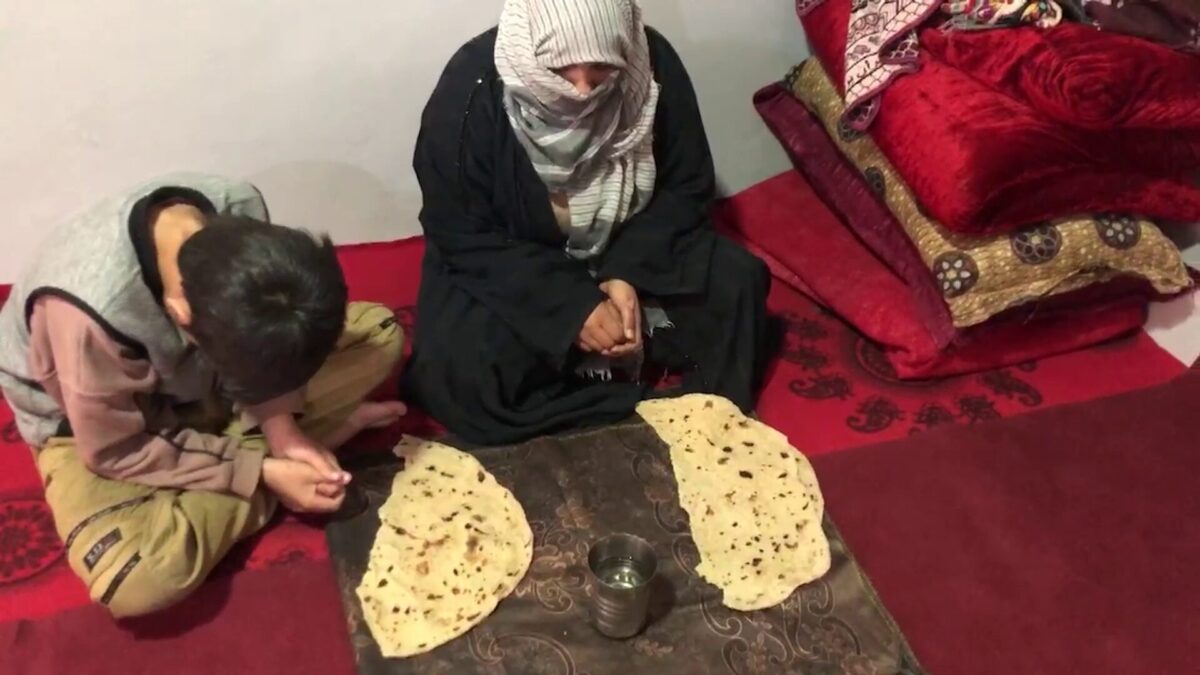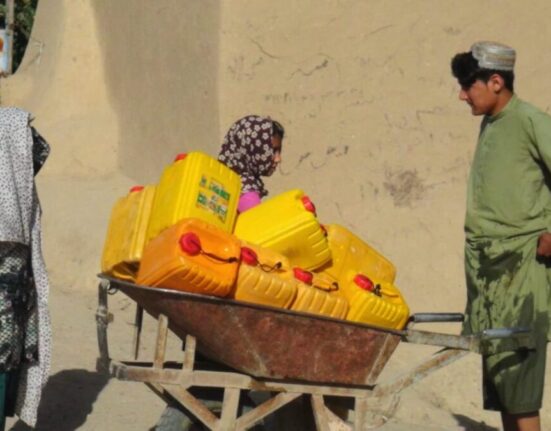KABUL, Afghanistan — As Afghans marked the first day of Eid al-Fitr, many said the holiday felt hollow, stripped of its traditional warmth and joy by deepening poverty and mounting social restrictions under Taliban rule.
“This no longer feels like Eid,” said Malika, a mother of four in Kabul. “Everyone is talking about shopping for the holiday, but I couldn’t even afford clothes for my children. I sell pens on the street just to afford two pieces of dry bread.”
She described the holiday as a reminder not of celebration, but of deprivation — both economic and emotional.
Another Kabul resident echoed the sentiment: “The excitement that once came with Eid is gone. There’s nothing left of that feeling.”
Traditionally, Eid in Afghanistan has been a time for elaborate meals, family visits, and the spirit of generosity. But with widespread unemployment, dwindling incomes and limited humanitarian aid, many households say they can no longer observe the holiday as they once did. Some mark it modestly; others, not at all.
The decline in public celebrations comes amid a broader erosion of public morale, as Afghans continue to live under Taliban-imposed restrictions — including bans on girls’ secondary education and most forms of women’s employment — alongside a worsening economic crisis.
For many families, Eid — once a symbol of unity and festivity — has become a stark reminder of the hardships that now define daily life.





